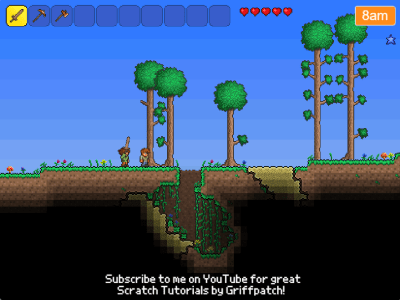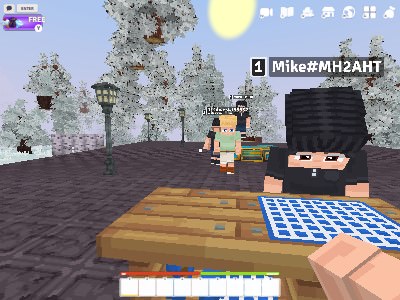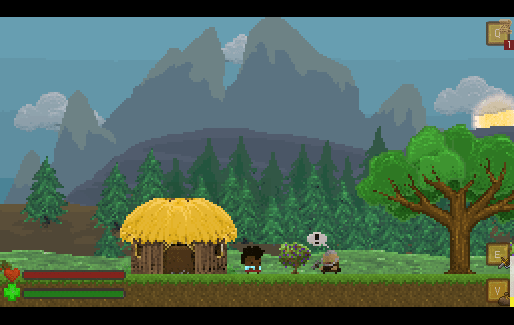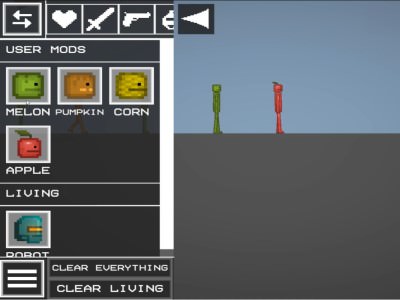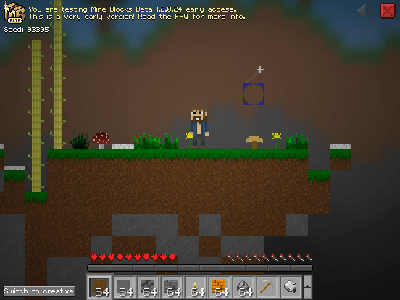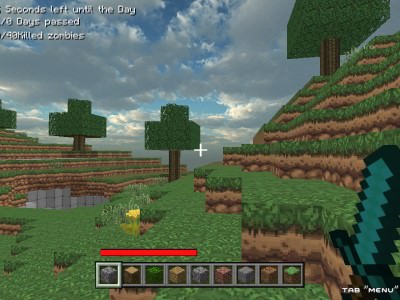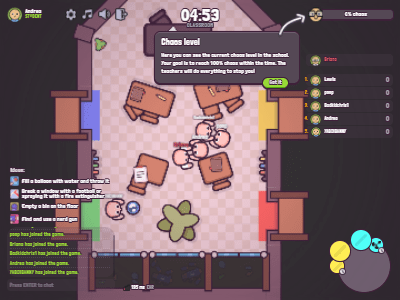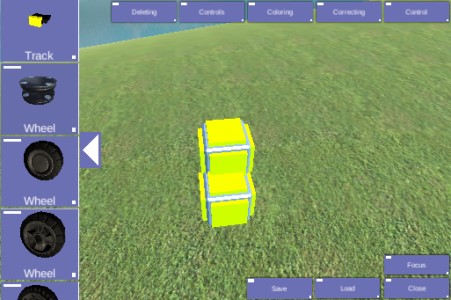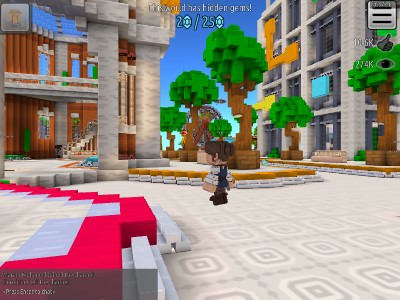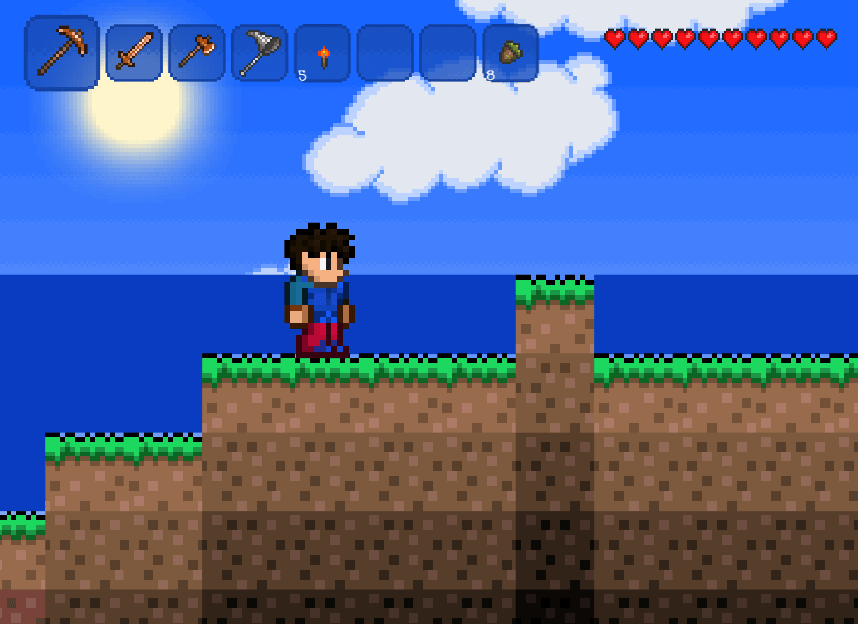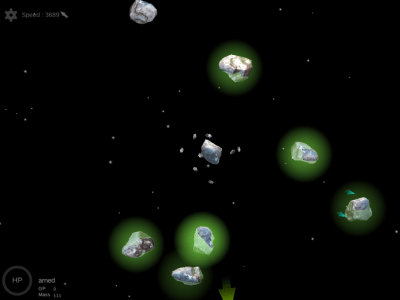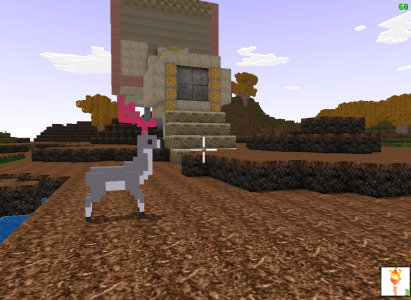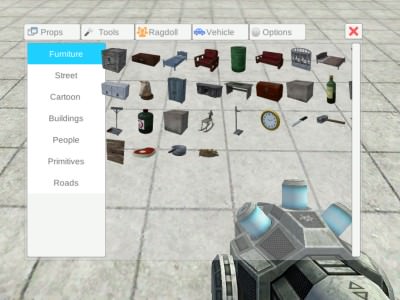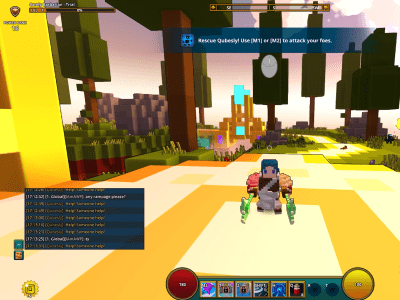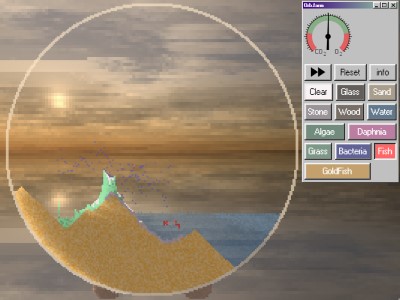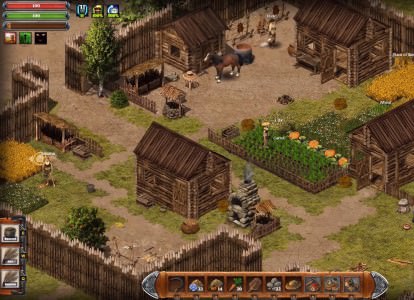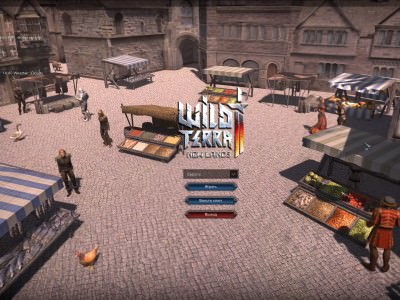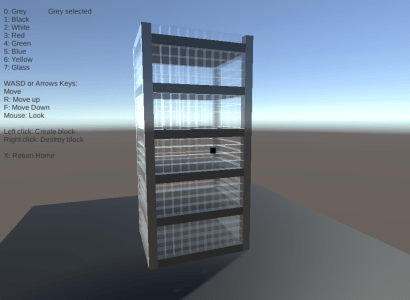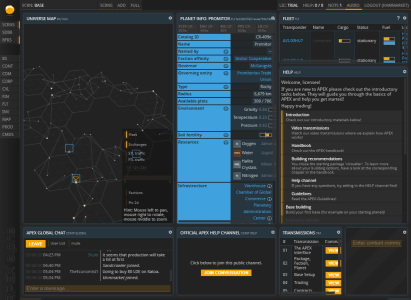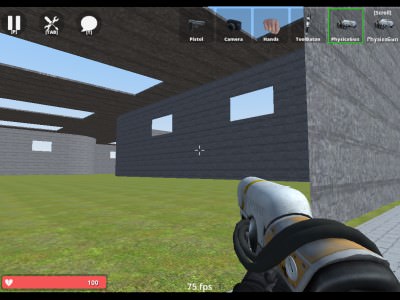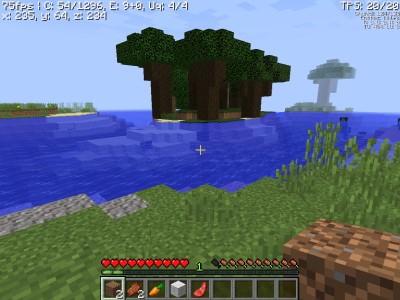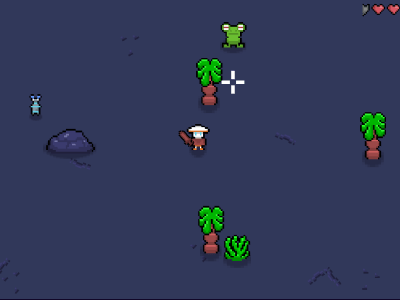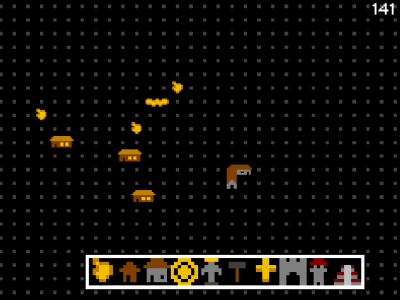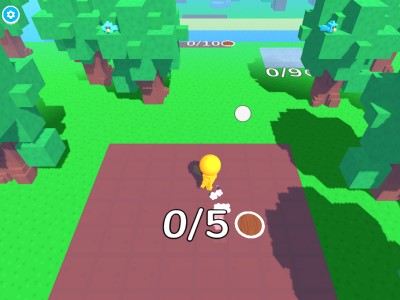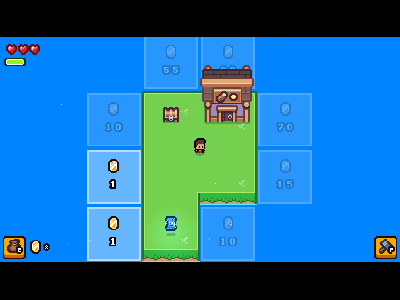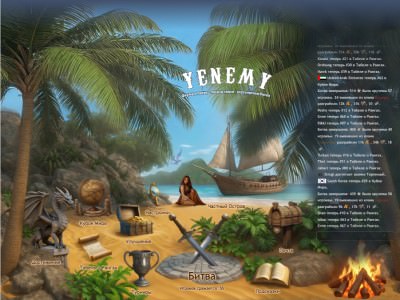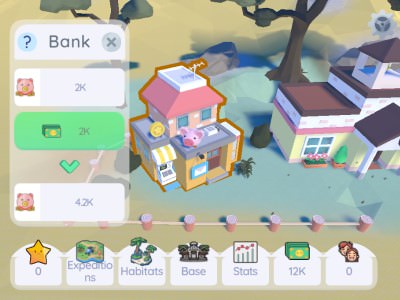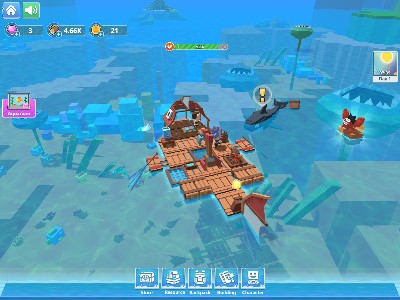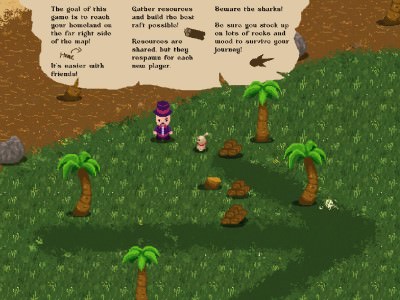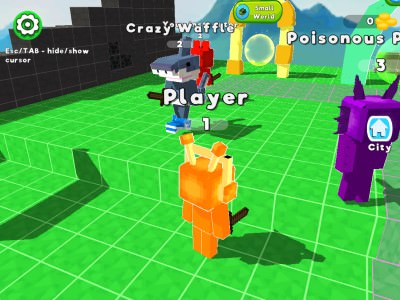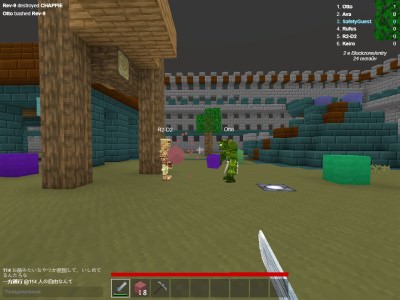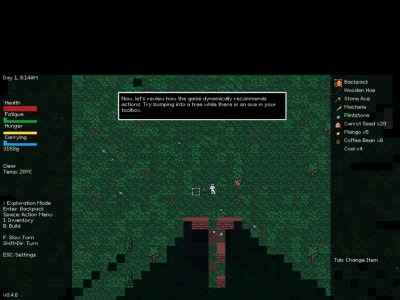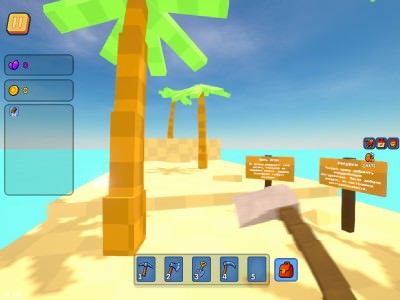Play free Sandbox games — directly in browser!
What Are Sandbox Games? 🏗️
Sandbox games are open-ended experiences that give players freedom to create, explore, and interact with the world without strict rules or linear progression. In the browser, they often blend building, survival, and experimentation into endlessly replayable adventures.
Main Gameplay Features 🎮
- Open worlds with minimal restrictions, encouraging exploration and creativity.
- Building tools to design structures, landscapes, or entire environments.
- Survival mechanics such as crafting, resource gathering, and defense.
- Player-driven goals rather than fixed missions or storylines.
The Rise of Sandbox Games 🌍
Sandbox design emerged in the 1980s with early construction and simulation titles. Over time, it became one of the most influential genres, inspiring countless games that emphasize freedom over linearity. Browser-based sandbox games continue this legacy, offering accessible worlds where players can build cities, mine resources, or simply experiment with physics and creativity.
Why Players Love Sandbox Games ❤️
The appeal lies in their limitless possibilities. Fans enjoy them because:
- 🎨 Creative freedom to build and shape the world as they imagine.
- ⚡ Endless replay value with no fixed ending or single solution.
- 🤝 Opportunities for social play, sharing creations with friends or communities.
Tips for Enjoying Sandbox Games 💡
Set Personal Goals
Since many sandbox games lack fixed objectives, create your own challenges to stay motivated.
Experiment Freely
Don’t be afraid to try strange builds or unusual strategies—failure often leads to new discoveries.
Manage Resources
In survival-focused sandboxes, gather and use resources wisely to ensure long-term progress.
Explore Beyond the Obvious
Hidden areas, mechanics, or crafting recipes often reward curiosity.
Share Your Creations
Many sandbox titles allow players to show off their worlds or mods—get inspired and inspire others.
Frequently Asked Questions ❓
Are sandbox games endless?
Yes. Most are designed without a clear ending, letting players decide when to stop.
Can I play sandbox games for free?
Yes. Many browser sandbox games are free-to-play with instant access.
Do sandbox games always include building?
Not always—some focus more on survival, physics, or open exploration.
What makes sandbox games unique?
Their lack of strict rules and focus on creativity set them apart from traditional genres.

